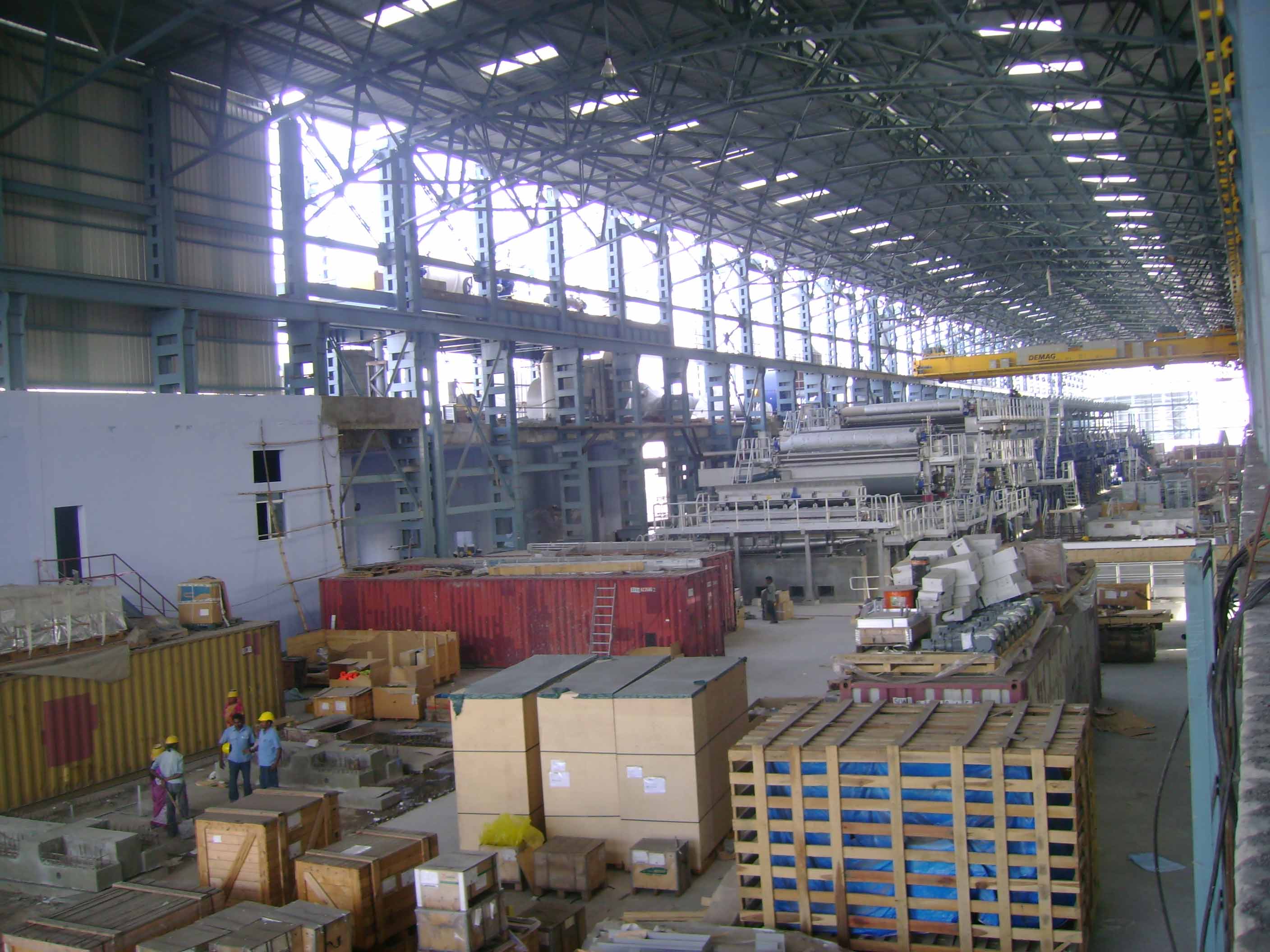BHP Billiton, the world’s largest mining company have released their annual sales and demand figures recently as part of their 2013 fiscal report, and these would seem to indicate that the demand for steel across the world has diminished.
Suggesting that global commodities markets were being undermined by a rise in supplies of raw materials, company chairman Ja Nasser said “We maintain a positive outlook over the long term as the fundamentals of wealth creation, demographics and urbanisation continue to create demand for commodities across Asia and other markets. Increased supply has, however, exerted downward pressure on many commodity markets more recently and we expect this trend to continue over the short term,” Nasser said. He also described the 2013 fiscal year as “volatile and uncertain year for global economies”.
Over the past decade, the demand from China and other major economic climates have meant that BHP like other miners have invested heavily into expansion projects for steel, iron ore, coal and other minerals.
However, as growth in China – and worldwide – stabilises following the economic downturn, BHP have suggested that the growth rates for steel demand were also likely to stabilise.
In addition, many economists have noted that the high resale value of steel throughout the world have meant that many smaller companies, such as Dunkerley Steel, may rely upon recycled materials rather than those freshly mined supplies in order to capitalise on low prices and to reserve those new supplies for a time when they may be in higher demand.




